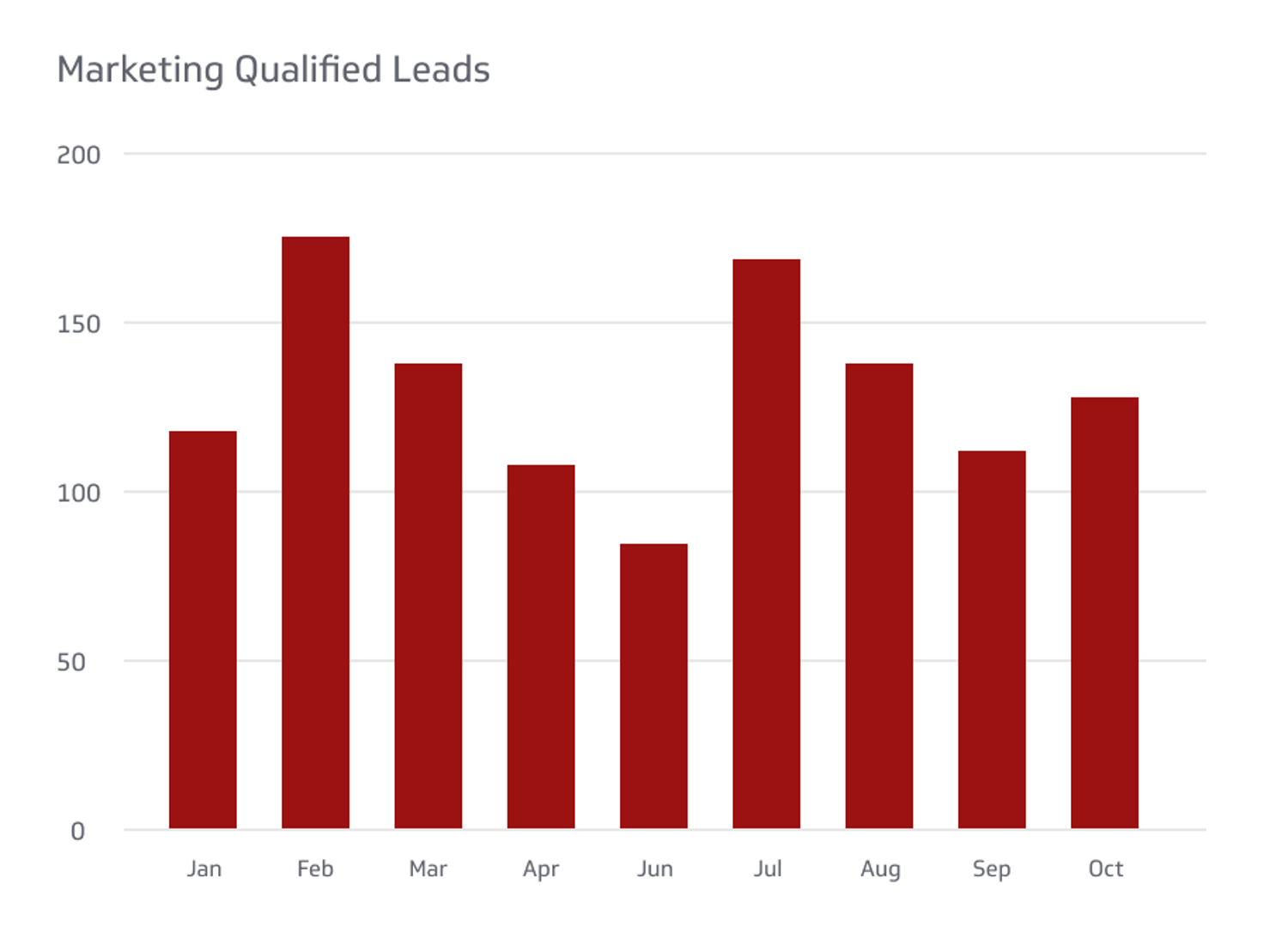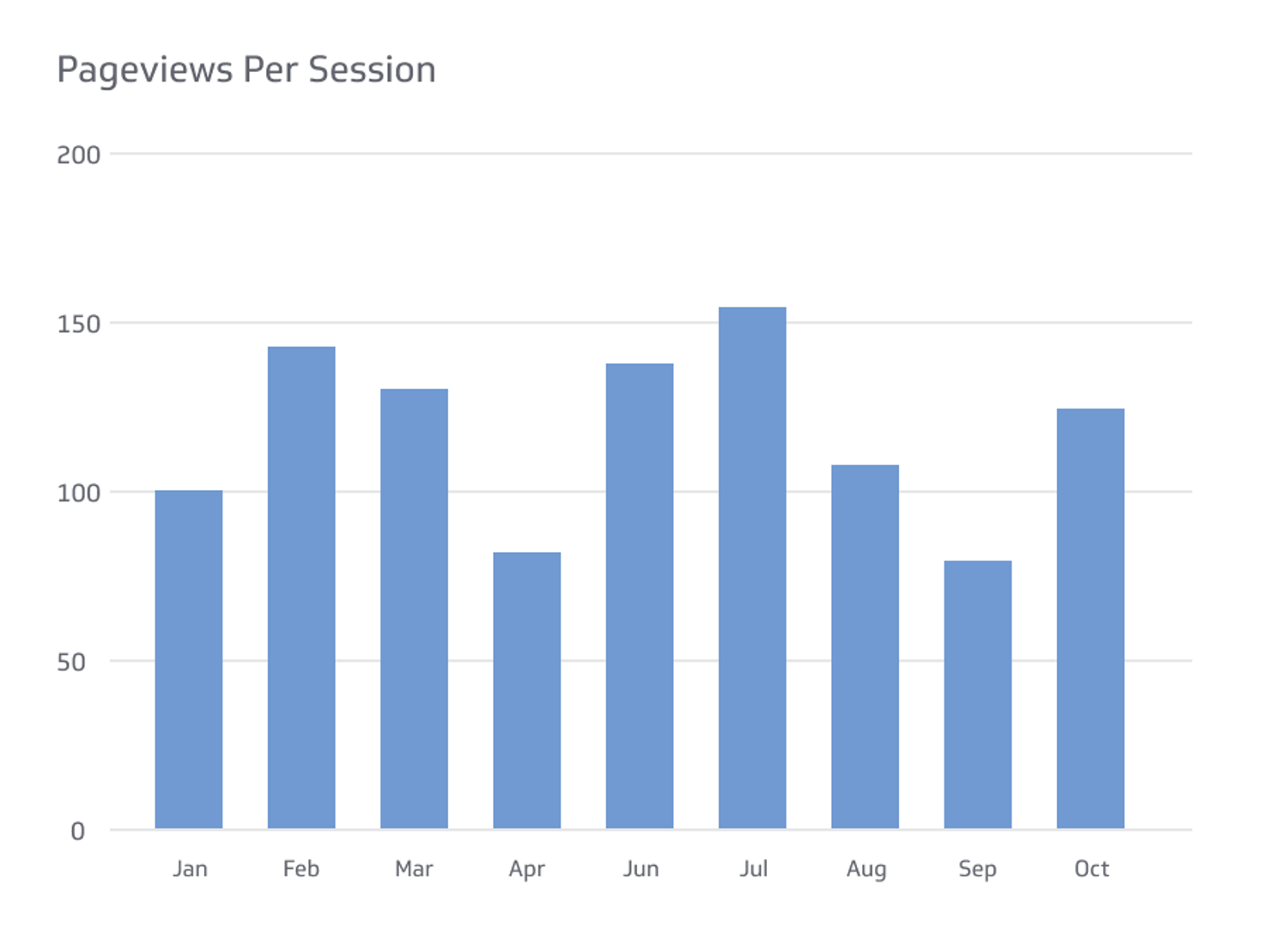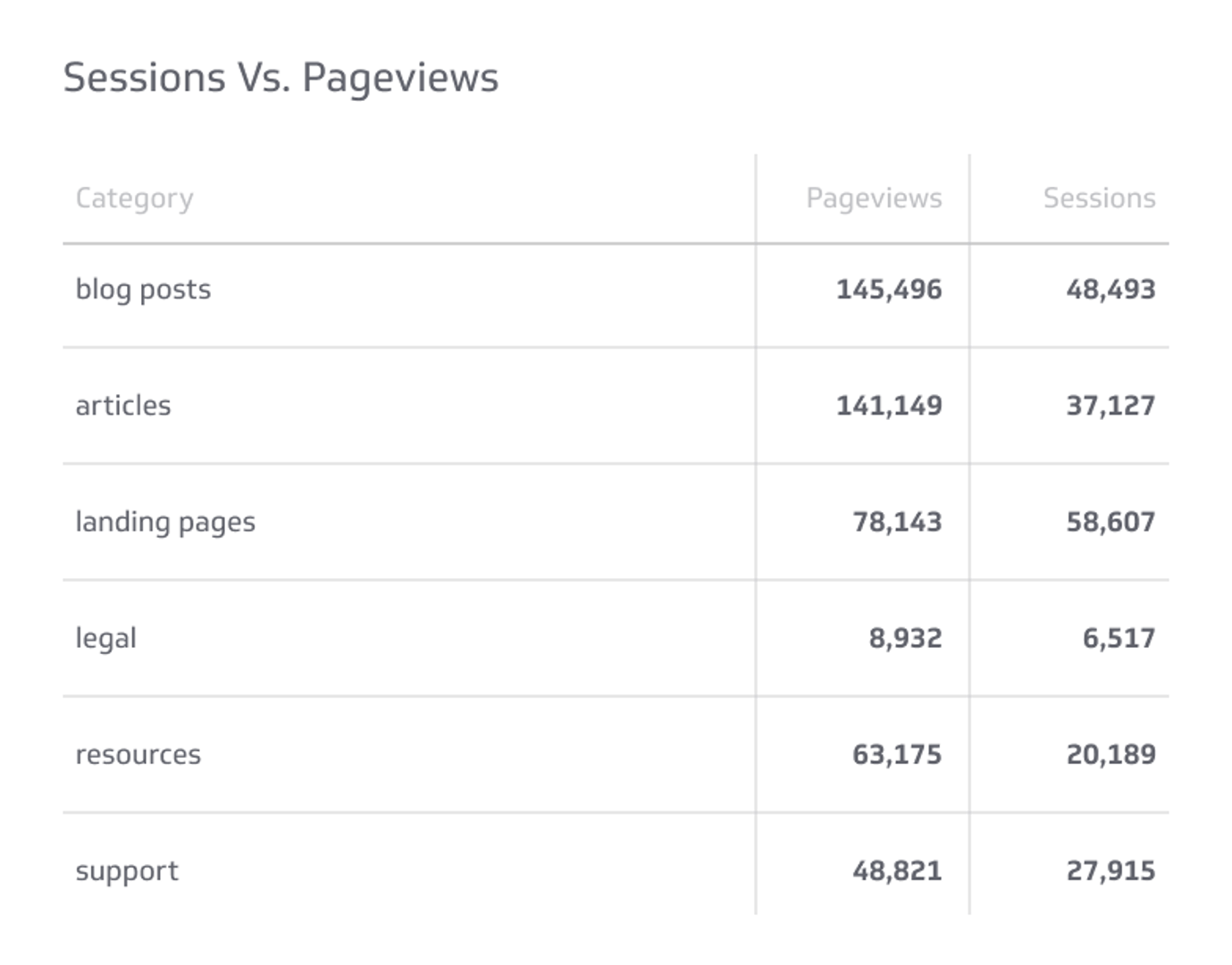Marketing Qualified Lead (MQL)
Track all your Digital Marketing KPIs in one place
Sign up for free and start making decisions for your business with confidence.

In today's competitive business environment, generating high-quality leads is critical for a company’s success.
A Marketing Qualified Lead (MQL) is a term that has gained popularity in recent years among marketers. In this context, an MQL is a lead that shows interest in a company through marketing efforts like ads and is more likely to become a customer based on certain criteria.
This article will delve deeper into what constitutes an MQL, how to identify them, and how to use them effectively in a business's sales and marketing strategy.
What Constitutes an MQL?
Marketing Qualified Leads (MQLs) are typically identified based on specific criteria that indicate their likelihood of becoming paying customers.
These criteria are often established through collaboration between the marketing and sales teams to ensure that the leads generated by marketing efforts align with the sales team's needs.
The criteria for an MQL may vary depending on the company's specific goals, target audience, and marketing channels.
However, some of the common characteristics that constitute an MQL include the following:
Demographic Information
To effectively identify MQLs, businesses may use data such as the lead's job title, industry, company size, or location.
This can provide valuable insights into the lead's needs, interests, and purchasing power, allowing businesses to tailor their sales and marketing efforts accordingly.
Behavioral Data
In addition to demographic data, businesses also use behavioral data to identify MQLs. This term refers to the lead's actions that indicate their interest in the product or service, such as:
- Downloading a white paper
- Attending a webinar
- Filling out a contact form
- Requesting a demo
By tracking these actions and assigning a score based on the lead's level of engagement, businesses can prioritize their sales and marketing efforts on the most qualified leads.
Engagement Level
This data for engagement measures how actively the lead interacts with your brand, such as how frequently they open your emails and click on your links.
Budget
Another type of data that businesses may use to identify MQLs is financial data. This data looks at the lead's financial resources to determine whether they have the budget to purchase the product or service.
For example, if a business sells enterprise software with a high price point, it may target leads who work for larger companies and have larger budgets.
This information can help businesses focus their sales and marketing efforts on leads most fitting their preferred criteria.
Timing
This insight refers to how close the lead is to making a purchasing decision, such as whether they are actively researching solutions or have a project in progress.
By using these criteria, businesses can more effectively identify high-quality leads and focus on those most likely to become clients, improving their overall return on investments and conversion rates.
What Are Examples of Market Qualified Lead Actions?
Marketing Qualified Leads (MQLs) are typically identified based on specific actions that indicate their interest in a product or service.
By identifying leads with these specific actions, businesses can target their sales and marketing efforts, focusing on the leads most likely to become their clients.
Here are some common examples of MQL actions:
- Downloading a white paper, e-book, or other pieces of educational content that relate to the product or service
- Registering for a webinar or other online event related to the company
- Subscribing to a newsletter or other email communication from the company
- Following the company's social media accounts or engaging with the company's content on social media
- Visiting the company's website multiple times or spending significant time on the site
- Requesting a free trial or demo of the product or service
- Filling out a contact form or otherwise indicating interest in learning more about the product or service
How Do You Identify an MQL?
Identifying an MQL involves combining data analysis, lead scoring, and collaboration between the marketing and sales teams.
Here are some common steps businesses take to identify MQLs:
Establish Criteria
Work with the sales team to define the criteria that indicate a lead has a higher chance of becoming a prospective customer. These elements may include demographic information, behavioral data, engagement with marketing materials, budget, and specific actions.
Score Leads
Assign scores to each lead based on how closely they meet the established criteria. The higher the score, the greater the possibility the lead is an MQL.
Analyze Data
Use data analysis tools to examine the leads' behaviors, such as website visits, content downloads, and email opens, to better understand their interests and level of engagement.
Nurture Leads
Use marketing automation tools to create targeted campaigns that educate and engage the leads based on their interests and behaviors.
Collaborate With Sales
Provide the sales team with a list of MQLs and collaborate on the best approach for converting them into paying customers.
How To Use MQLs In a Business Sales Strategy
MQLs are a valuable asset for a business's sales strategy, representing potential customers who have already shown interest in the product or service.
Through these strategies, you can improve the efficacy of your sales efforts, leading to higher conversion rates and revenue.
Here are some ways businesses can use MQLs in their sales strategy:
Prioritize Sales Efforts
Focus sales efforts on MQLs, as they are more likely to be receptive to your sales message and closer to purchasing. This can help to improve sales efficiency and productivity.
Personalize Outreach
Use the data gathered on MQLs to personalize your outreach efforts, tailoring your messaging to their interests and behaviors.
Nurture Relationships
Continue to engage with MQLs through targeted lead nurturing campaigns, providing them with educational content and other resources that help move them closer to a purchasing decision.
Qualify MQLs Further
Work with MQLs to qualify them further by understanding their needs and pain points and identifying whether they have the budget and authority to make a purchase.
Measure and Optimize
Measure the success of your sales efforts with MQLs and optimize your strategy over time by refining your messaging, targeting, and tactics.
How To Use MQLs In a Business Marketing Strategy
MQLs are a critical component of a business's marketing strategy, as they target people with a high potential to be customers.
Here are some ways businesses can employ MQLs in their marketing strategy:
Personalize Content
Use the data gathered on MQLs to create personalized content that resonates with their interests and behaviors through personalized emails and social media ads. This will incentivize the MQLs to make purchasing decisions more quickly.
Nurture Leads
MQLs may not be ready to buy immediately. Still, with targeted marketing efforts such as lead nurturing campaigns, businesses can nurture the relationship and keep them engaged until they are ready to purchase.
Optimize Marketing Efforts
Analyze data on MQL behavior and engagement with marketing materials using A/B testing and other optimization techniques.
Through this, businesses can determine which marketing efforts are most effective at converting MQLs into customers. This helps refine and optimize the marketing strategy over time.
Collaborate With Sales
Work closely together with the sales team to ensure that the MQLs you generate are high quality and aligned with the sales team's needs.
Measure and Analyze
Track the performance of your marketing campaigns targeting MQLs and analyze the data to identify areas for improvement and optimize your strategy over time.
Are There Any Disadvantages To Marketing Qualified Leads?
MQLs can be valuable to a business's sales and marketing strategy. However, knowing their advantages and disadvantages is important for minimizing risks.
Here are some potential disadvantages to consider:
False Positives
MQLs are identified based on specific actions taken by leads, but these actions don't always indicate a genuine interest in the product or service. Some leads may take these actions for unrelated reasons, such as accessing free content without intending to purchase anything.
Overemphasis on Quantity
Sometimes, businesses may become overly focused on generating a high volume of MQLs rather than prioritizing quality. This action can lead to a large number of unqualified leads that waste time and resources.
Lack of Teamwork
If sales and marketing teams don’t have sufficient alignment in their approach to MQLs, it can create confusion and inefficiencies in the sales process.
It is essential to have clear communication and collaboration between the teams to ensure a smooth handoff of MQLs from marketing to sales.
Inaccurate Scoring
Lead scoring is critical to identifying MQLs, but it is not always an accurate predictor of a lead's likelihood to purchase. Factors such as timing and budget constraints may be difficult to assess accurately through lead scoring alone.
Risk of Over-Reliance
A business relying too much on MQLs may result in a limited pool of leads and a narrow focus on a specific type of lead. To ensure a diverse pool of potential customers, balancing MQLs with other lead-generation strategies is important.
Failure to Convert
While MQLs represent potential customers, there's no guarantee they will ultimately purchase. Businesses must continue to engage and nurture MQLs to increase their chances of conversion.
Final Thoughts
In today's harsh business environment, Marketing Qualified Leads (MQLs) are crucial to a successful sales and marketing strategy.
Whether through targeted marketing campaigns or personalized outreach efforts by the sales team, businesses can use MQLs to improve the effectiveness of their sales and marketing efforts, leading to higher conversion rates, revenue, and ROI.
Related Metrics & KPIs

.png)

